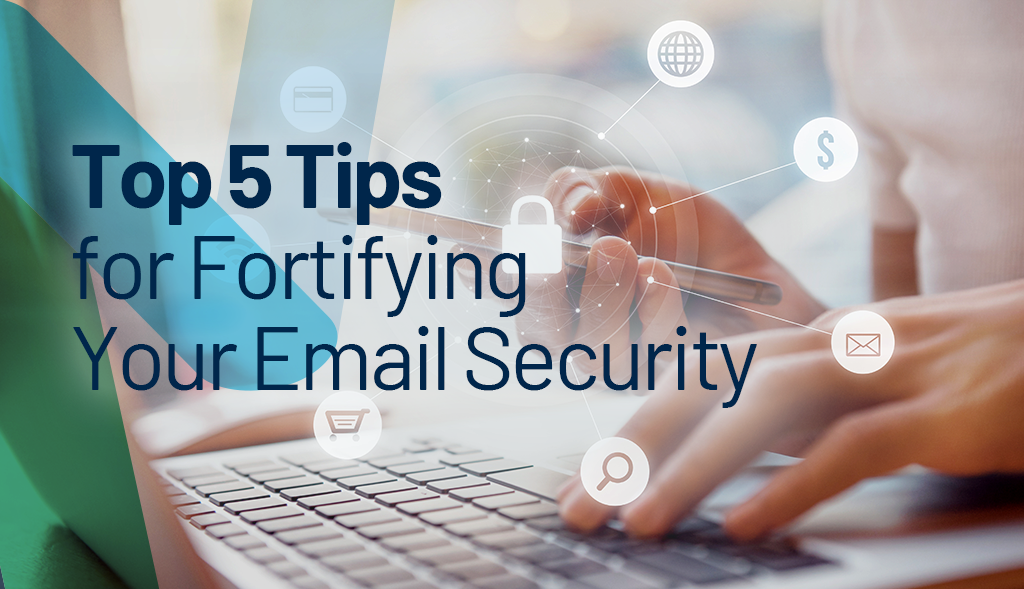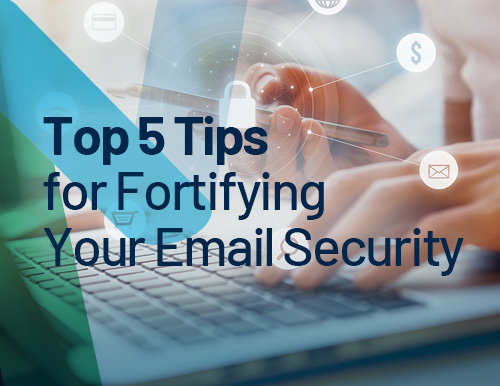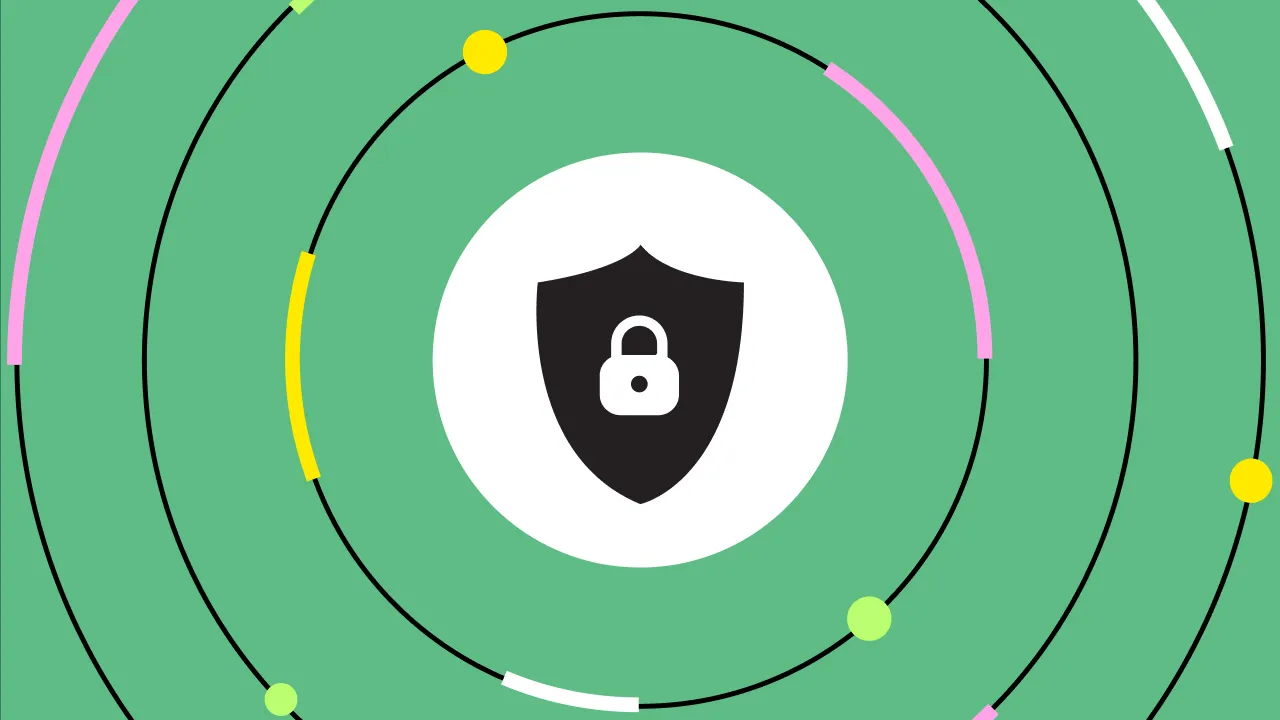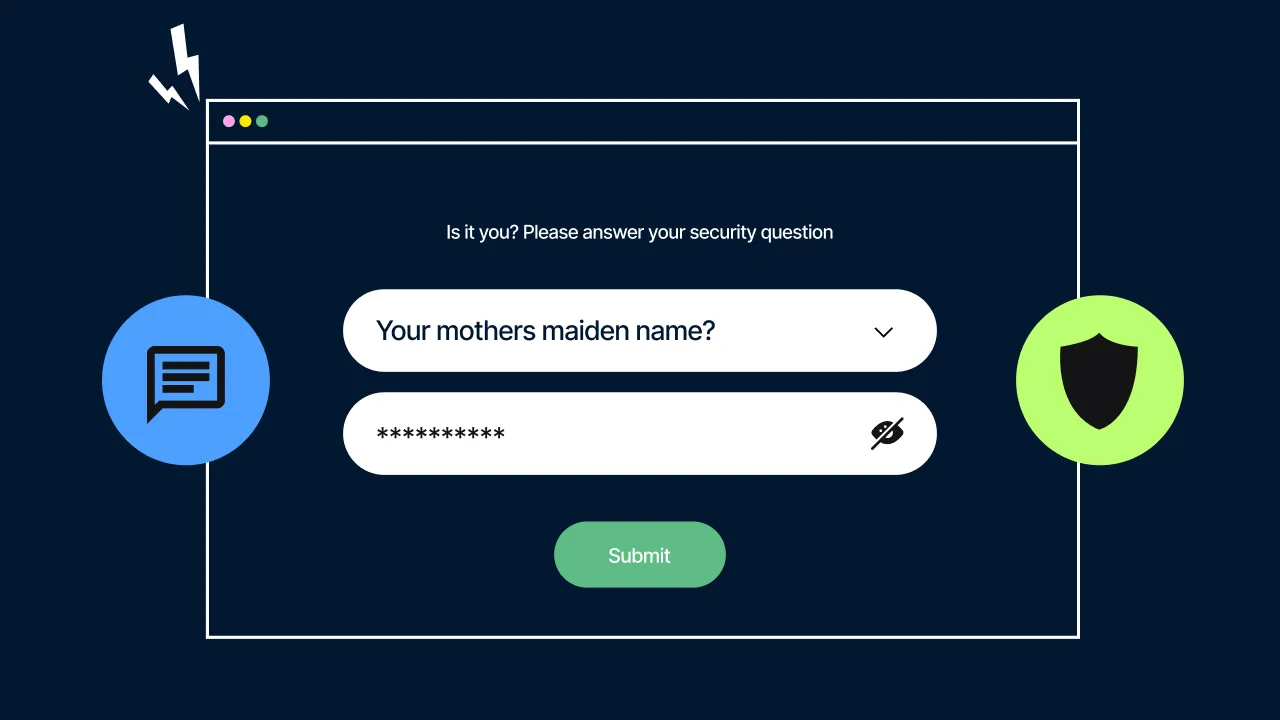 In an era where businesses and individuals are increasingly dependent on electronic communications, ensuring the security of our emails has never been more vital. From sensitive financial data to personal conversations, our inboxes hold a trove of information that's appealing to cybercriminals. Protecting this virtual goldmine requires a multi-faceted approach. Let’s delve into the top 5 tips for strengthening your email security: 1. Multi-Factor Authentication (MFA) Relying solely on a password is no longer enough. Multi-factor authentication is the fancy IT security terminology for “asking you for something else in addition to a password” that can verify who you are. What could that something else be? There are three ‘factors’:
In an era where businesses and individuals are increasingly dependent on electronic communications, ensuring the security of our emails has never been more vital. From sensitive financial data to personal conversations, our inboxes hold a trove of information that's appealing to cybercriminals. Protecting this virtual goldmine requires a multi-faceted approach. Let’s delve into the top 5 tips for strengthening your email security: 1. Multi-Factor Authentication (MFA) Relying solely on a password is no longer enough. Multi-factor authentication is the fancy IT security terminology for “asking you for something else in addition to a password” that can verify who you are. What could that something else be? There are three ‘factors’:
- Something you know (this is the password).
- Something you have (like a phone - a verification code sent to your phone).
- Something you are (like biometrics – fingerprint, eyeball scan, facial recognition, or DNA).
Even if your password is compromised, MFA ensures that unauthorised users can't access your account by adding additional layer/s of security. 2. Educate and Beware of Phishing Scams Knowledge is power. Regularly training yourself and your team to recognise and avoid phishing emails is crucial. Typical red flags include mismatched URLs, spelling mistakes, generic greetings, and urgent or threatening language. Always double-check the sender's email address and never click on suspicious links or download unexpected attachments. 3. Use Encrypted Email Services If you're transmitting sensitive or confidential information, encryption is a must. Encrypted emails are coded to ensure that only the intended recipient can decode and read the message. Many email providers offer built-in encryption features. If yours doesn't, consider using third-party tools or switching to a service that prioritises security. 4. Regular Software Updates Ensure that your email software (whether it's a client-based tool like Outlook or a browser-based platform like Gmail) is always up-to-date. Developers regularly release patches for known security vulnerabilities. By neglecting to update, you leave your system exposed to known threats. The same goes for your antivirus and antimalware tools—keep them updated and run scans regularly. 5. Limit Email Retention It's a good practice to periodically review and archive emails off the email platform, especially those containing sensitive information. The less data you have stored, the less there is for potential hackers to exploit. Set up automatic email archiving and consider policies that delete emails past a certain age, ensuring, of course, that you're in compliance with any industry-specific regulations about data retention. Conclusion Email, while incredibly convenient, comes with its own set of security challenges. However, with a proactive approach and the incorporation of these practices, you can significantly bolster your email security and communicate with greater peace of mind. Remember, in the realm of digital communication, vigilance and education are your best allies




